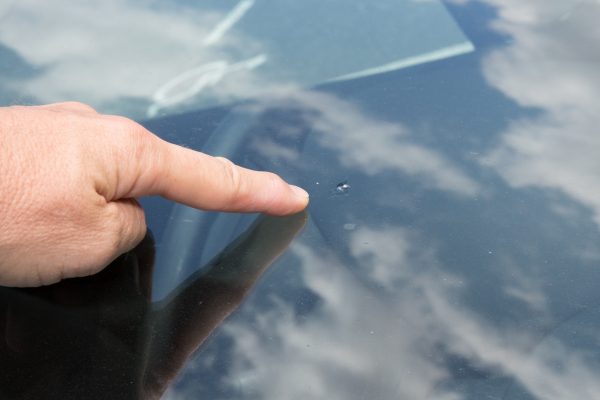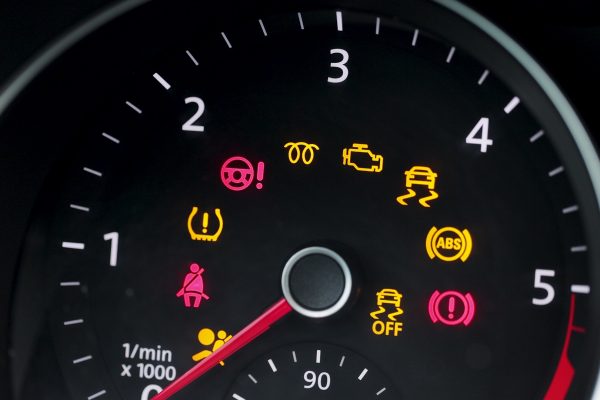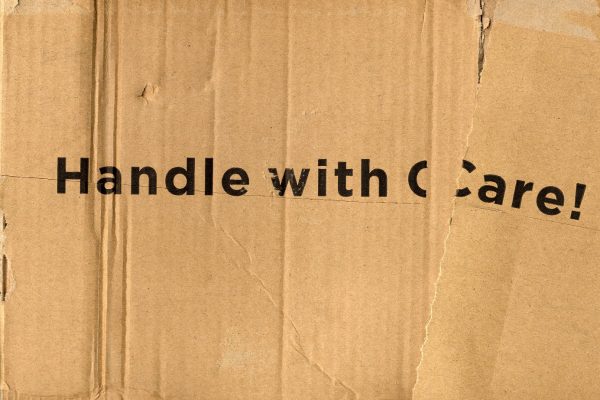We often get asked by our members if they should be paying all of the losses that the customer has come up with in addition to the cost of repairs or their refund on a rejection.
The answer is ‘it depends’, but the law does allow for additional losses that are incurred as a result of the failure of a vehicle thereby resulting in a breach of contract or negligence.
These losses are known as consequential losses, as they arise as a consequence of the breach.
I have touched on these in a recent article about mitigating losses, and how the costs of repairs, and where they are carried out, need to be looked at in the round, rather than simply how much your garage could have had them done for.
So if the repairs at the garage the vehicle has been towed to would cost £1,200, and you could get them carried out for £900, but the cost of transport is £350, then the cheapest option is still at the garage where the vehicle is.
Similarly, if repairs were £1,200 immediately, or £900 but it will take a week, then if their consequential losses were to include a week off work and a loss of £500, then again the more expensive repair is still the cheapest option.
This does not mean that every item claimed for is recoverable, the customer must prove every head of claim, and they must provide documentation in support.
Lost earnings are generally paid net of national insurance and income tax, as they are only entitled to what they actually lost. They must also show they actually lost the money, not simply lost the time. If their company paid them anyway, even though they couldn’t work, they are not entitled to anything.
Similarly, the self-employed accountant who lost a Wednesday when their car broke down, but worked Sunday instead, has no loss as they have still completed the work and will get paid for it.
General stress and anxiety is not recoverable, otherwise everybody would claim it, similarly the time spent in dealing with a claim is generally not recoverable.

We cover roles within all departments and sectors of the Automotive industry, and are here to listen to your specific needs and find the most suitable candidates to fit your business.
There is no obligation to provide a courtesy car, but sometimes to do so may be the cheapest option available. Section 23.2 of the Consumer Rights Act 2015 states:
(2)If the consumer requires the trader to repair or replace the goods, the trader must—
(a)do so within a reasonable time and without significant inconvenience to the consumer, and
(b)bear any necessary costs incurred in doing so (including in particular the cost of any labour, materials or postage).
So if there is no courtesy car then the consumer may consider themselves to be considerably inconvenienced under 23.2(a) and may have cause to be able to reject the vehicle instead of accepting a repair.
Under 23.2(b) they may have an argument to pursue the cost of a hire vehicle from you, if considered a ‘necessary cost’.
So every case can be different, some consequential losses are recoverable in some cases, and not in others, and that is why you should contact Lawgistics to discuss their right to claim consequential losses before either rejecting the claim out of hand, or making a payment.
We should also highlight that many insurance warranties include a consequential losses exclusion term, and in some circumstances, this could mean the motor trader is liable for additional costs. If you are considering a more financially viable warranty service, speak with Lawgistics about running your own warranties.








